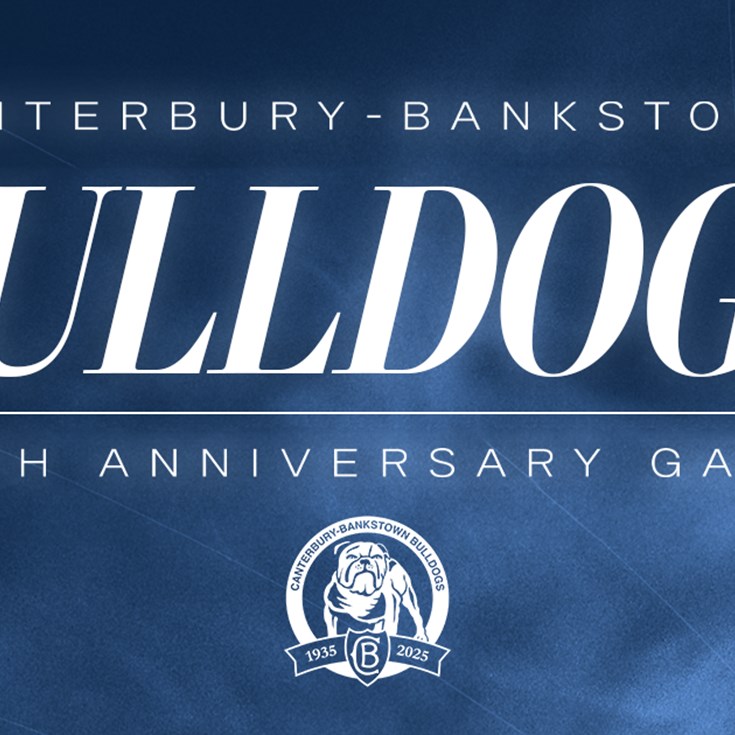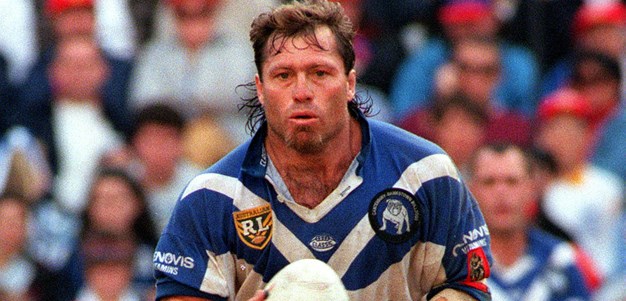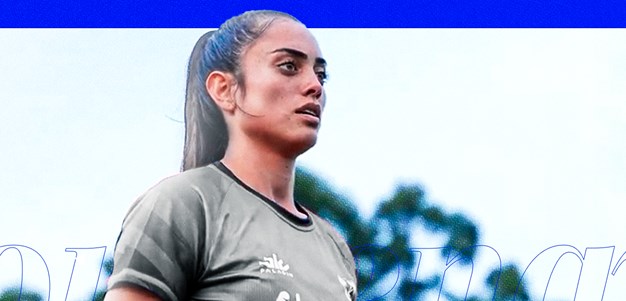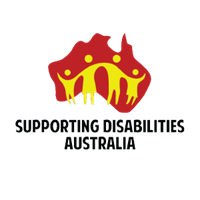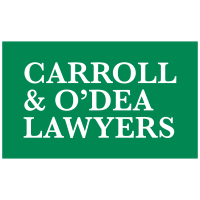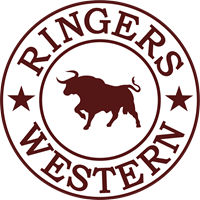

SEPTEMBER 29, 1985: Canterbury had threatened to be in the grand final so many times during the year, and now they had made it, after perhaps their most impressive performance of the year. Canterbury had beaten Parramatta without Terry Lamb who had burst a blood vessel in the win in the semi-final against Balmain. They would go into the grand final without him as well.
Replacing him was Michael Hagan, a confident ball-playing five-eighth/ centre, who had already played 20 first grade games in 1985, most of them in the centres. He provided a classic link, solid in defence and sure of himself throughout the game.
St George, beaten only four times during the year, remained confident. Peter Moore recalled the St George banner on grand final day as the Canterbury players filed onto the field one by one. “The banner read, 'St George – premiers 1985.' I remember Peter Kelly as he waited by the SCG picket fence to go into the field, said 'Pigs ----- -----'”.
If Kelly and his team mates hadn't been motivated up to that moment, the banner made sure of it. Canterbury's crushing defensive wedge left St George with no way to their line until the 74th minute when Steve Morris scored. Canterbury had led 7-0 until then. A Peter Mortimer try (and Farrar goal) in the 29th minute and a Farrar field goal in the 72nd minute pushed the Bulldogs into the winning zone. Though the Morris try gave St George hope, there was precious little opportunity given them in the last five minutes.

Kelly's performance was again top of the list. He was adjudged man-of-the-match, just as he had been in 1984. Though he may have missed a number of matches through injury, Canterbury knew that once they got to the grand final, Kelly was the man to lift them to victory. Mortimer's performance was also significant, particularly the restrictive game plan asked of him – keeping play tight and kicking the bombs.
Mortimer's form through the finals was both inspirational and exceptional. He was a more mature player, a brilliant captain and his cover defence was now on a level with two of the greats, Johnny Raper and Ron Coote. He reserved most of his moments for the pressure of the finals and there were many who believed that had he not played in the 1984 and '85 series, Canterbury would not have won premierships.
It would be unfair to label Canterbury a one-man outfit. They were a tough, committed side. In some ways an angry side, hungry for success and quite prepared to roughride their way through all opposition.
The 1985 victory, in particular, enhanced the growing reputation of Ryan as one of the game's finest football minds. He and his Canterbury team rose above the controversies of the season and got on with the job of doing what they do best. If the grand final had been one heck of a slog, it was still champagne for the victors later. Victory had never tasted sweeter. After the grand final, Peter Moore announced what everyone was waiting to hear – that Ryan would be coach in 1986.
.jpg?preset=inline)
During the year, Canterbury proudly announced their “50th Anniversary Greatest Team Ever.” The team was chosen by a panel of 30 experts from all eras in the past 50 years, including former players, coaches, media, Australian selectors and administrators.
The team, a combination of old and new, was; Les Johns; Chris Anderson, Ron Bailey, John Greaves, Edgar Newham; Garry Hughes, Steve Mortimer (c), Frank Sponberg, Bob McCarthy, Graeme Hughes, Henry Porter, George Peponis, Eddie Burns. Reserve back: Chris Mortimer. Reserve Forward: Ron Costello.
A line-up significant for the numbers of outstanding players who missed out.
